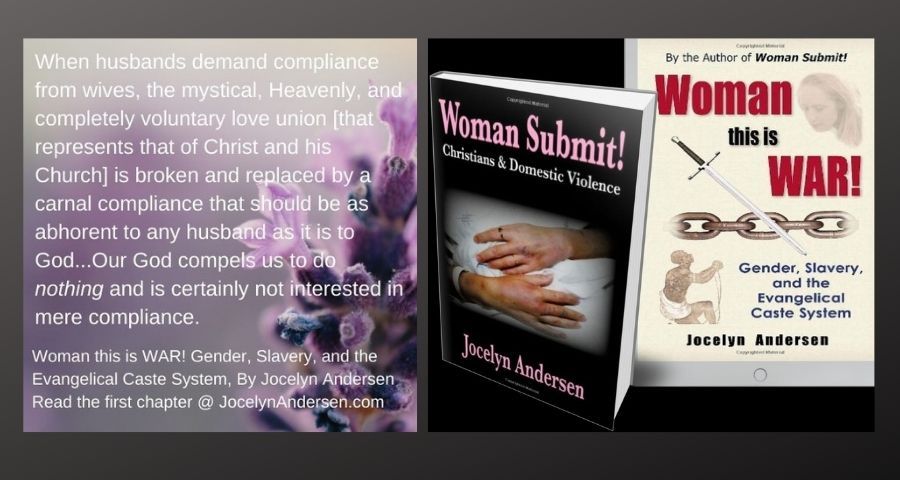Concerning the "Proverbs 31 Woman," the Hebrew
text (TR/RT) paints a very different
picture of who this woman is than English translations do.
She (the Proverbs-31-Woman and, by extension, all women) is very much a victim of gender-biased-English-translation-theology. And while most translators, today, know better; they continue to portray her as less than she is by mistranslating and/or loading the language.
She (the Proverbs-31-Woman and, by extension, all women) is very much a victim of gender-biased-English-translation-theology. And while most translators, today, know better; they continue to portray her as less than she is by mistranslating and/or loading the language.
Proverbs 31:10
[1] Chayil H2428 means: Valor,
Strength, or Might. The word chayil is
mistranslated as “virtuous” only three times in the Hebrew text; each of these
mistranslations is deliberate due to translator bias against women—misogyny—and
not in just ancient translations. Modern translators continue to add to and
take away from the Word of God in respect to the word, chayil, but only when it is associated with women. Other than
misogyny, there is no lingual or textual reason to translate the Hebrew word, Chayil, as virtuous. The woman of chayil, is a woman of strength and valor.
... Woman this is WAR! Gender Slavery
and the Evangelical Caste System examines Bible commentary and translation
practices which have historically been androcentric (male centered) and even
misogynistic (anti-woman). These have adversely effected understanding of the
scriptures, relations between women and men, the happiness of men and women,
and, in general, has hindered the work of the gospel, by forbidding women to
preach, pastor, or serve as elders or deacons. The book chronicles the early
history of the women's rights movements, as well as the role of church
leadership in aggressively suppressing both women's rights and the historical
record of Christian initiatives within the movements. Through the
complementarian movement, many of the same arguments used to support the
institution of slavery, are still used today in suppressing the rights of
Christian women. This book documents identical arguments used by Christian
leaders against both movements and is an unparalleled resource for all who
desire an in-depth study of gender equality from a Christian perspective. The
history of women’s rights is traced back [much further than usual] to the very
first feminists…who were Christians—godly women, who brought the issue
of women's rights to the forefront as they struggled to alleviate the suffering
of others, and found they were hindered in doing so for no other reason than
the fact of their sex. This work, provides valuable historical insight into
Christian initiatives in the movements for women’s rights, that are rarely
included in Christian literature.


